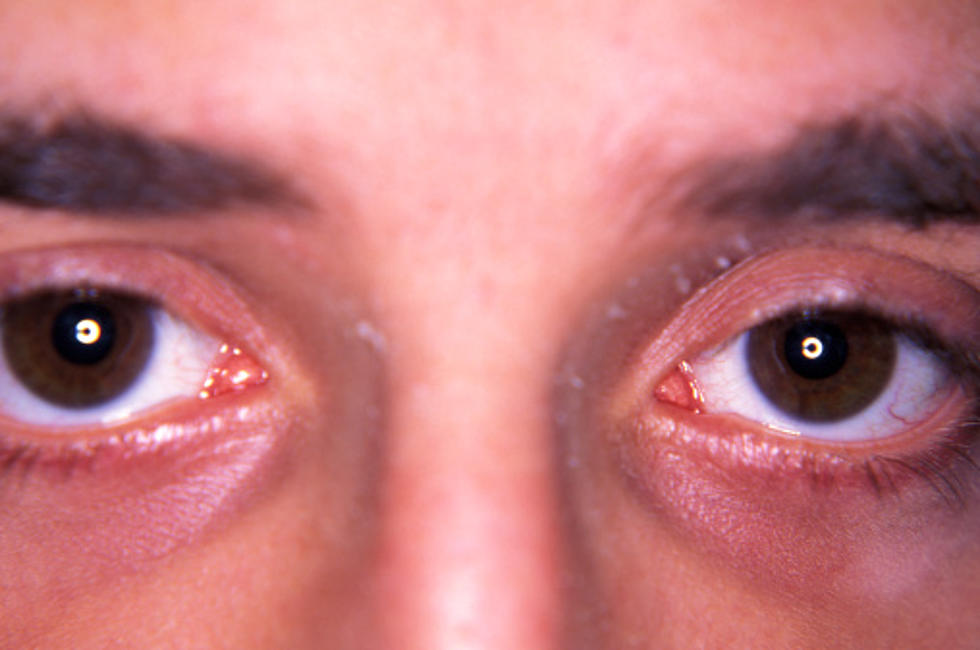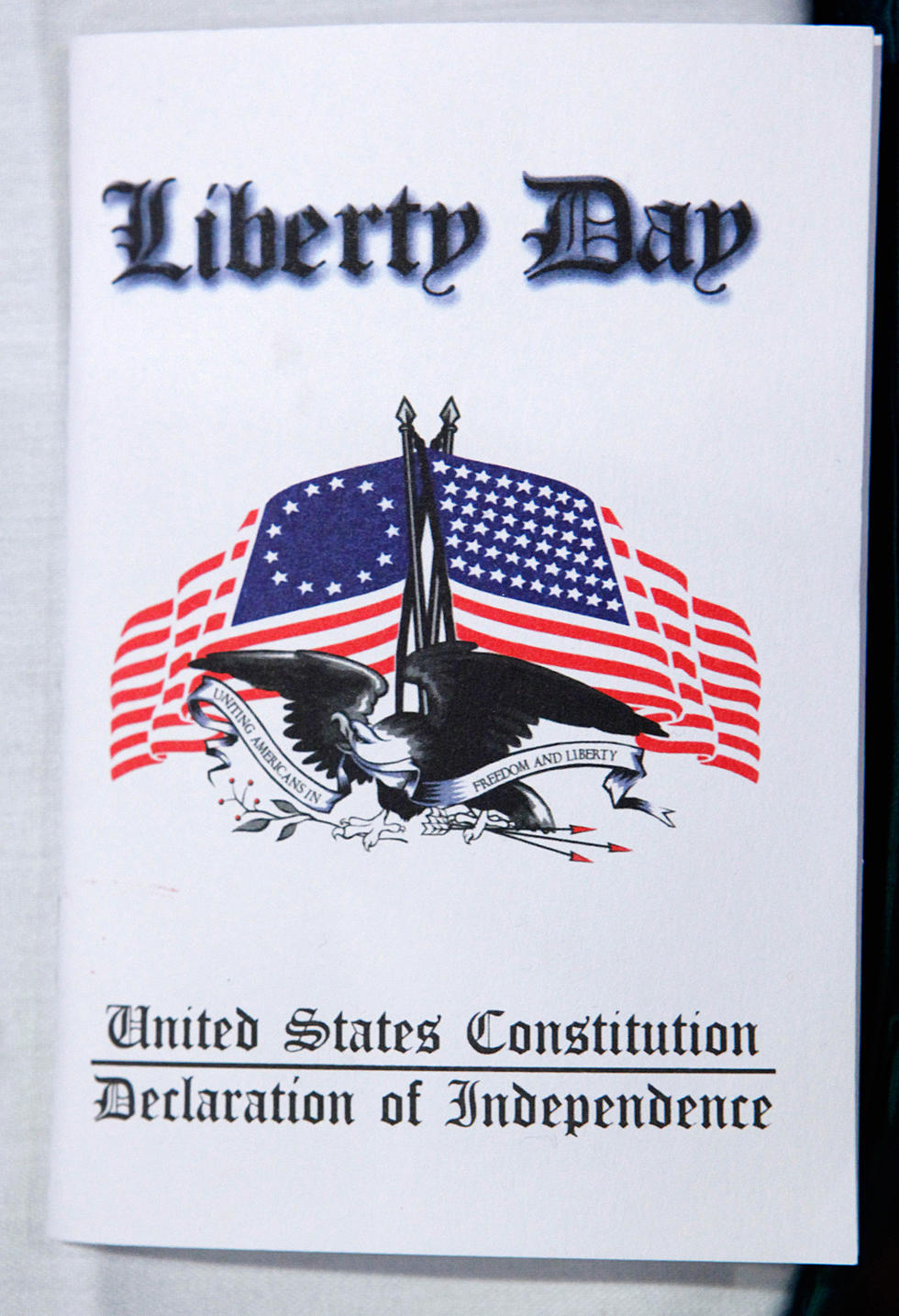
Does Self-Esteem Have a Cash Value?
Studies show that people reap real psychological benefits when they buy expensive, high-status items — but is it a healthy way to boost your self-esteem?
Research has shown that people process social values in the striatum, the brain’s reward center, which also responds to monetary gains. Because these values share a cerebral home, we might weigh our reputation in cash terms. So for marketers, attaching a monetary value to social status can be a profitable move.
But for consumers, there are some drawbacks. People who feel that they are lacking in status, power or influence are willing to pay the biggest premium for social status, and the end result could mean disadvantaged groups end up paying more.
This could in turn perpetuate a a vicious cycle that bumps these groups even further down the social ladder.
Scientists suggest one way to preserve your bank balance is not to shop when you’re feeling insecure — or to skip that trip to the mall entirely.
Jennifer Crocker, a psychologist at Ohio State University, told Scientific American, far bigger emotional benefits can come from giving to others, and that strong friendships have lasting gains for self-esteem.
More From News Radio 710 KEEL


![Newt Gingrich Angrily Responds to Ex-Wife’s Astounding Claims During Debate [VIDEO]](http://townsquare.media/site/180/files/2012/01/newtgingrich.jpg?w=980&q=75)







